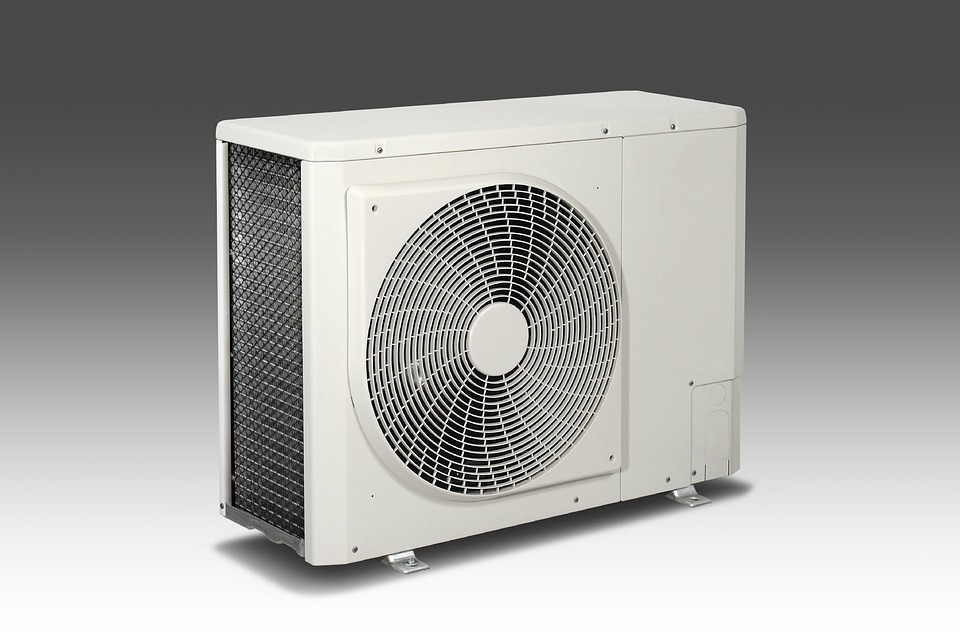As urbanization continues to rise and the global landscape shifts due to climate change, the importance of indoor air quality (IAQ) has become increasingly salient. With people spending up to 90% of their time indoors, the air quality within homes, offices, and public spaces plays a critical role in overall health and well-being. A major contributing factor to IAQ is the design and operation of Heating, Ventilation, and Air Conditioning (HVAC) systems, which intersects significantly with ecological considerations. This article explores how the integration of ecological principles into HVAC systems can enhance IAQ and contribute to a healthier, more sustainable built environment.
Understanding Indoor Air Quality
Indoor air quality refers to the condition of the air within buildings and its impact on occupants’ health, comfort, and productivity. Poor IAQ can lead to a range of health issues, including respiratory problems, allergies, and reduced cognitive function, often exacerbated by pollutants such as volatile organic compounds (VOCs), particulate matter, and biological contaminants (bacteria, mold, and allergens).
Key Pollutants Affecting IAQ
-
Volatile Organic Compounds (VOCs): Emitted by everyday products such as paints, cleaning agents, and furnishings, VOCs can cause short- and long-term health effects.
-
Particulate Matter: These fine particles can originate from outdoor sources (traffic, industrial emissions) and indoor activities (smoking, cooking) and can penetrate deep into the lungs.
- Biological Contaminants: Bacteria, molds, mildew, and dust mites thrive in inadequately ventilated spaces, posing significant health risks.
The Role of HVAC Systems
HVAC systems are designed to manage indoor temperature, humidity, and air quality. However, traditional systems often prioritize energy efficiency over optimal air quality, leading to a troubling paradox. A focus solely on efficiency can result in insufficient ventilation, trapping pollutants and moisture indoors.
Ecological Principles in HVAC Design
-
Natural Ventilation: By employing natural ventilation strategies, buildings can utilize the outdoor environment to regulate indoor air quality. Openable windows, strategically placed vents, and architectural designs that promote air circulation can significantly reduce reliance on mechanical systems.
-
Air Filtration Technologies: Advanced air filters, including HEPA filters, can capture a higher percentage of airborne contaminants. Incorporating eco-friendly filter materials not only helps to maximize efficiency but also minimizes environmental impact.
-
Sustainable Refrigerants: Transitioning to refrigerants with lower global warming potential (GWP) is vital for the ecological sustainability of HVAC systems. Hydrofluoroolefins (HFOs) and natural refrigerants such as ammonia or CO2 can provide efficient cooling while mitigating environmental harm.
-
Energy Recovery Ventilation (ERV): ERV systems can improve IAQ by exchanging stale indoor air with fresh outdoor air while recovering energy from the outgoing air. This technology reduces the energy load on HVAC systems, which is beneficial for both indoor comfort and ecological sustainability.
-
Smart HVAC Controls: Leveraging the Internet of Things (IoT), smart sensors can monitor indoor air quality in real-time, optimizing ventilation rates based on occupancy and pollution levels. This enhances both comfort and energy efficiency.
- Biophilic Design: Integrating greenery within indoor spaces can improve air quality by filtering pollutants, increasing humidity, and enhancing overall wellbeing. Air-purifying plants contribute positively to IAQ while also fostering a connection to the natural environment.
The Interconnectedness of Health and Ecology
Improving IAQ through enhanced HVAC design benefits not only individual health but also the broader ecosystem. Sustainable practices like energy efficiency and the use of renewable energy sources contribute to reducing carbon footprints and combating climate change.
Moreover, healthy indoor environments can lead to reduced healthcare costs due to fewer illnesses resulting from poor air quality. Organizations that prioritize IAQ enjoy increased productivity and reduced absenteeism among employees, creating a virtuous cycle of health and efficiency.
Conclusion
Enhancing indoor air quality is crucial for safeguarding public health and fostering ecological sustainability. By integrating ecological principles into HVAC systems, designers and builders can create environments that are not only comfortable and functional but also healthier for occupants and the planet. As we move towards a more sustainable future, the intersection of ecology and HVAC will play a key role in redefining how we think about and manage the air we breathe indoors. Embracing innovative technologies and sustainable practices is not just a necessity for the present, but a crucial investment in our collective future.

Leave a Reply